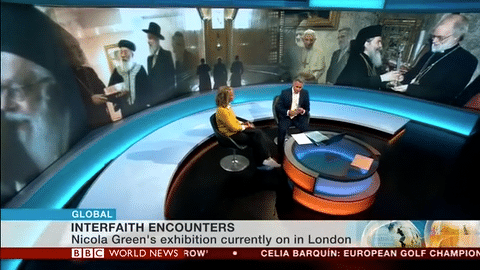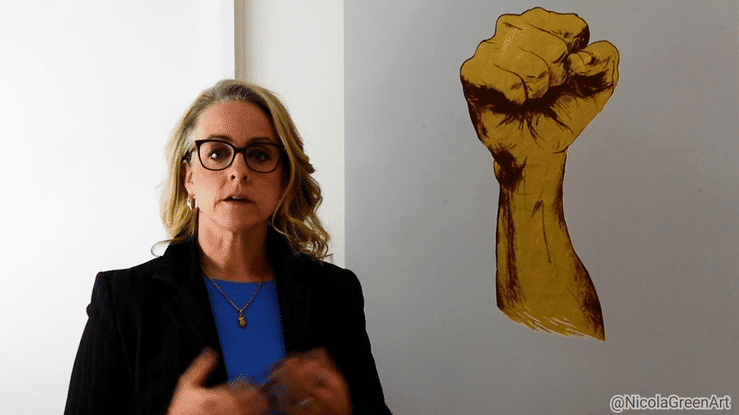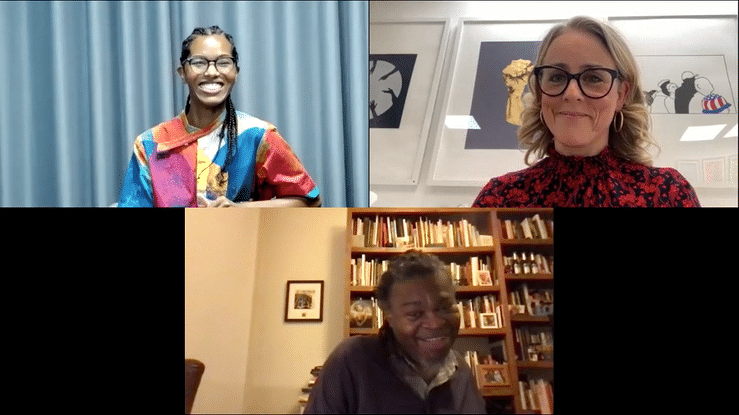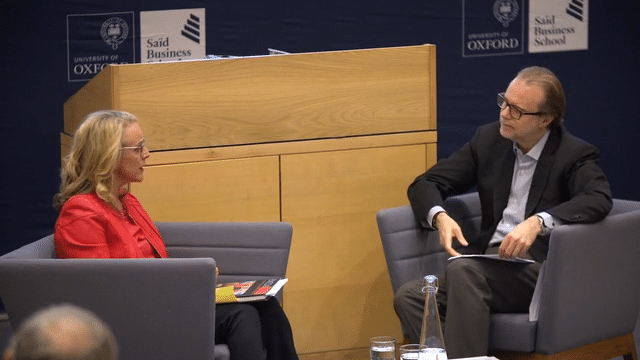Nicola Green is a critically acclaimed artist and social historian, and expert on identity, race, allyship and inclusion. She has established an international reputation for her ambitious projects that can change perceptions about identity and power; exploring themes of inclusion, leadership, race and gender. She has gained unprecedented access to iconic figures from the worlds of religion, politics, and culture, including collaborations with Pope Francis, President Obama, the Archbishop of Canterbury and the Dalai Lama.
Driven by her belief in the power of the visual image to communicate important human stories, Nicola chooses to assume the role of ‘witness’ to momentous occasions taking place across the globe. Inspired by her own mixed-heritage children and multi-faith family, she creates and preserves social-cultural heritage for future generations.
Green delivers insightful and inspiring talks both online and in person. As a visual artist, she has a unique perspective, delivering engaging talks through the lens of her artworks.
For more examples of Nicola’s previous speaking engagements please click here
Keynote Topics
-
The vital role of the Visual Image in breaking down barriers of identity, race and gender
The effects of discrimination overlap and intersect in the experience of marginalised groups – Nicola explores how the power of the visual image communicates important human stories and truths that can help change our perceptions of identity and belonging.
-
How the Art of Allyship can unlock diversity and inclusion.
Allyship is fast becoming the key to unlocking the power of diversity. Nicola considers, through her own personal and professional experience, why helping to build equality and advance the culture of inclusion is so challenging. She looks at why it’s a lifelong process for us as individuals and as a community but also at the progress we’ve made and how we can build on each step every day.
-
How successful Mentoring can communicate our untold stories, change the narrative and transform how we see the world and each other
Nicola explores how the images we see form the pictures in our minds. She has built a reputation as an arts innovator, committed to change and mentoring young people to help them realise their potential and take steps towards creative industry careers, especially where they struggle to see themselves reflected. In her inspiring talk, she describes how her years of mentoring BAME and disadvantaged young people in her studio and beyond, has informed her own understanding of diversity and inclusion




